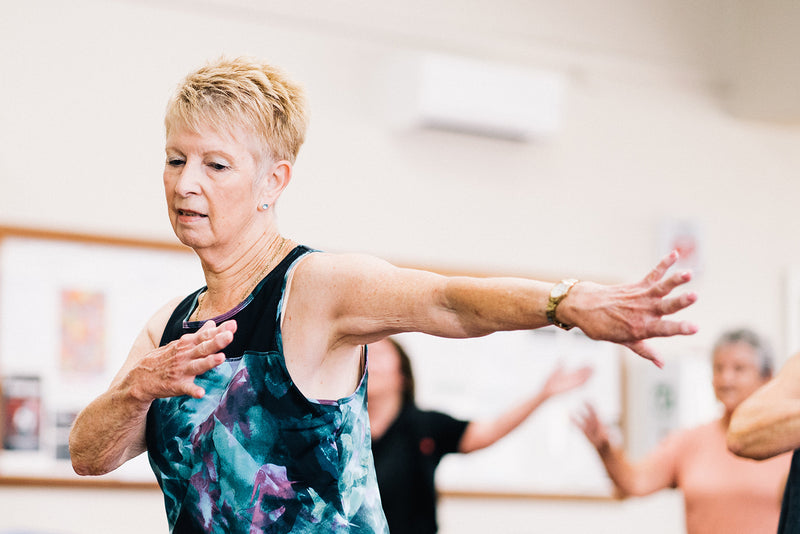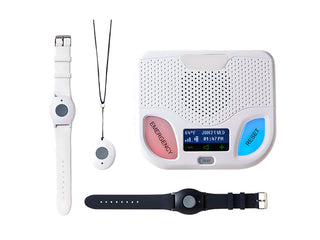Living Your Best Life
Harmonious Healing: Exploring the Transformative Power of Music Therapy for Senior Citizens

Music has the remarkable ability to transcend time, evoke emotions, and connect us to cherished memories. For senior citizens, music therapy offers a transformative and holistic approach to promote physical, emotional, and cognitive well-being. This article delves into the myriad ways in which music therapy can benefit older adults. From enhancing mood and reducing stress to improving cognitive function and fostering social connections, music therapy holds tremendous potential in enriching the lives of seniors.
1. Enhancing Emotional Well-being:
- Mood Elevation: Music has a profound impact on emotions. It can uplift spirits, boost positivity, and reduce feelings of anxiety and depression among seniors. Engaging in music therapy sessions allows seniors to tap into the therapeutic qualities of music, fostering emotional well-being and a sense of inner joy.
- Stress Reduction: Listening to soothing melodies, participating in rhythmic activities, or engaging in group music-making can significantly reduce stress levels in senior citizens. Music therapy provides a relaxing and immersive experience, offering a respite from the daily challenges and worries of aging.
2. Cognitive Stimulation and Memory Enhancement:
- Cognitive Engagement: Music therapy stimulates various cognitive functions, including attention, memory, and executive functioning. Engaging in musical activities such as playing instruments, singing, or rhythmic exercises helps seniors maintain and improve cognitive skills.
- Memory Recall: Music has a unique ability to evoke memories and emotions associated with specific songs or melodies. Music therapy can be particularly beneficial for seniors with dementia or Alzheimer's disease, as familiar songs can trigger memories and facilitate reminiscence.
3. Physical Rehabilitation and Pain Management:
- Motor Skills Improvement: Playing musical instruments or engaging in rhythmic movements during music therapy can enhance fine and gross motor skills in seniors. The coordination required promotes dexterity, finger strength, and overall physical agility.
- Pain Reduction: Music therapy has been shown to alleviate pain by diverting attention, promoting relaxation, and triggering the release of endorphins. Seniors experiencing chronic pain or discomfort can find relief through music-based interventions.
4. Social Connection and Emotional Expression:
- Group Engagement: Participating in group music therapy sessions fosters a sense of belonging and community among senior citizens. Group singing, drum circles, or ensemble performances promote social interaction, reduce feelings of isolation, and enhance overall well-being.
- Emotional Expression: Music serves as a powerful medium for emotional expression. Seniors who may find it challenging to articulate their feelings verbally can use music to communicate and express their emotions, fostering a sense of emotional liberation and connection with others.
5. Personalized Care and Individualized Therapy:
- Tailored Approaches: Music therapy is highly adaptable and can be tailored to meet the unique needs and preferences of each senior participant. Therapists work closely with individuals to design personalized interventions that address specific goals and challenges.
- Multi-modal Techniques: Music therapy integrates various modalities, including listening, singing, playing instruments, movement, and lyric analysis. This multidimensional approach ensures a comprehensive therapeutic experience, catering to the diverse needs of senior participants.
6. Long-Term Benefits and Continuity:
- Sustainable Lifestyle Incorporation: Music therapy can be integrated into seniors' daily lives, extending beyond therapy sessions. Listening to favorite songs, engaging in personal music playlists, or participating in community musical activities allow seniors to continue reaping the benefits of music therapy independently.
- Lifelong Learning and Engagement: Music therapy provides opportunities for continuous learning, skill development, and creative expression. Seniors can embark on new musical journeys, learn to play instruments, or join choirs, nurturing a sense of lifelong engagement and growth.
Music therapy is a powerful and transformative modality that can significantly enhance the lives of senior citizens. From emotional well-being and cognitive stimulation to physical rehabilitation and social connection, the benefits of music therapy are vast and multifaceted. By embracing the healing power of music, senior citizens can experience enhanced quality of life, find solace in familiar melodies, and create new harmonies that resonate with their hearts and souls.






